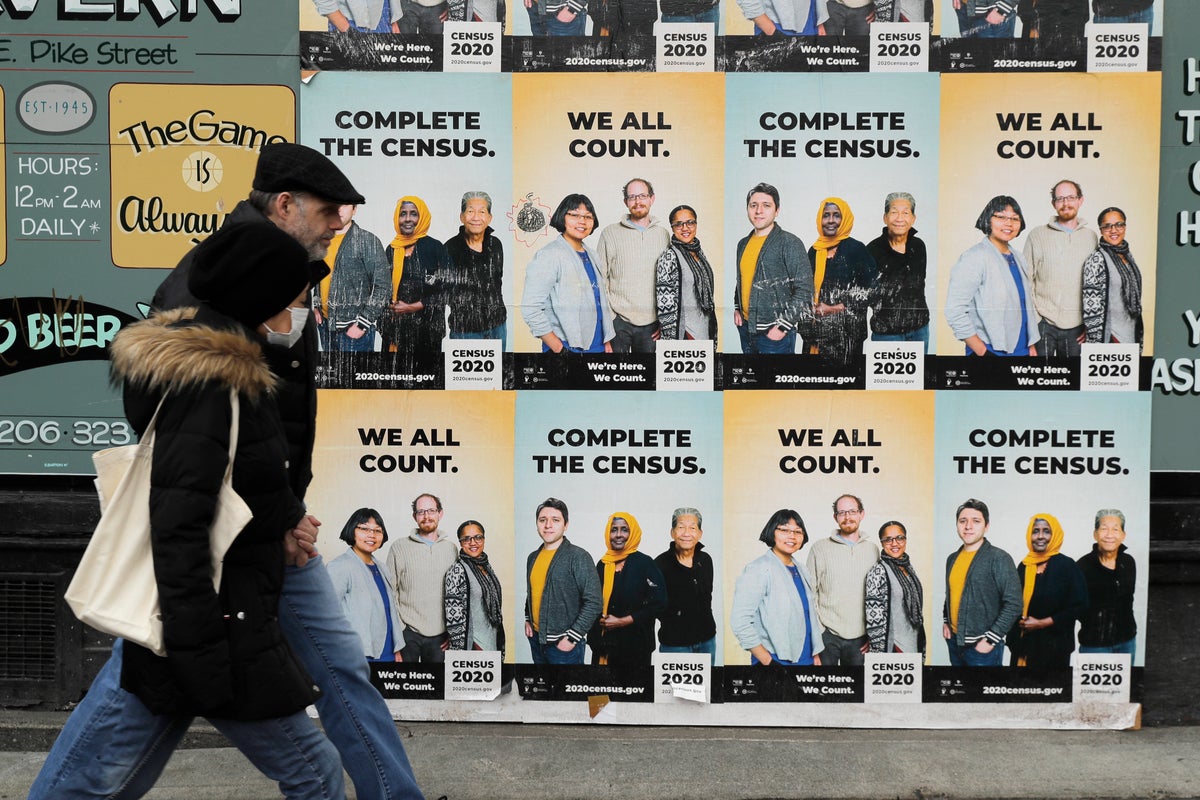
The U.S. Census Bureau says improvements to the design of the 2020 census questions and the tabulating of answers led to an increase in the count of multiracial people in the United States, defending its method against arguments that the jump was mostly a statistical illusion.
The United States' largest statistical agency said in a statement this week to the Associated Press that millions more people reported multiple responses to the race question in 2020 than they did in 2010.
“The 2020 Census race and ethnicity results reveal the complex way people identify themselves,” the Census Bureau said.
The Census Bureau's statement was made in response to a paper published last month by two Princeton sociologists which argued that the 276% increase from 2010 to 2020 in people classified as multiracial was largely due to a change in how people were classified by census officials rather than strong shifts in racial or ethnic identity or major growth. The Census Bureau for the first time provided space on the census form for people to write in their families’ origins, which guided how the statistical agency categorized them by race.
People classified as being two or more races rose from 2.9% to 10.2% of the U.S. population from 2010 to 2020, and the increase was most noticeable among Hispanic people. The share of the “white alone” population dropped from 72.4% to 61.6%
Some researchers have argued that census officials should rerun the 2020 data using the 2010 method so an “apples to apples” comparison of demographic changes can be made. But the Census Bureau said that doing so would lead to an inaccurate comparison because the 2020 census had more write-in areas and collected more responses than the 2010 census.
Princeton sociologist Paul Starr, a co-author of the paper, said Thursday in an email that the bureau could just make the data available so researchers can make their own judgments on the impact of the methodological changes. The bureau's response also didn't address the Princeton sociologists' arguments that the statistical agency equated “origins” with racial identity and national origins with a specific race, Starr said.
___ Follow Mike Schneider on the social platform X: @MikeSchneiderAP.







